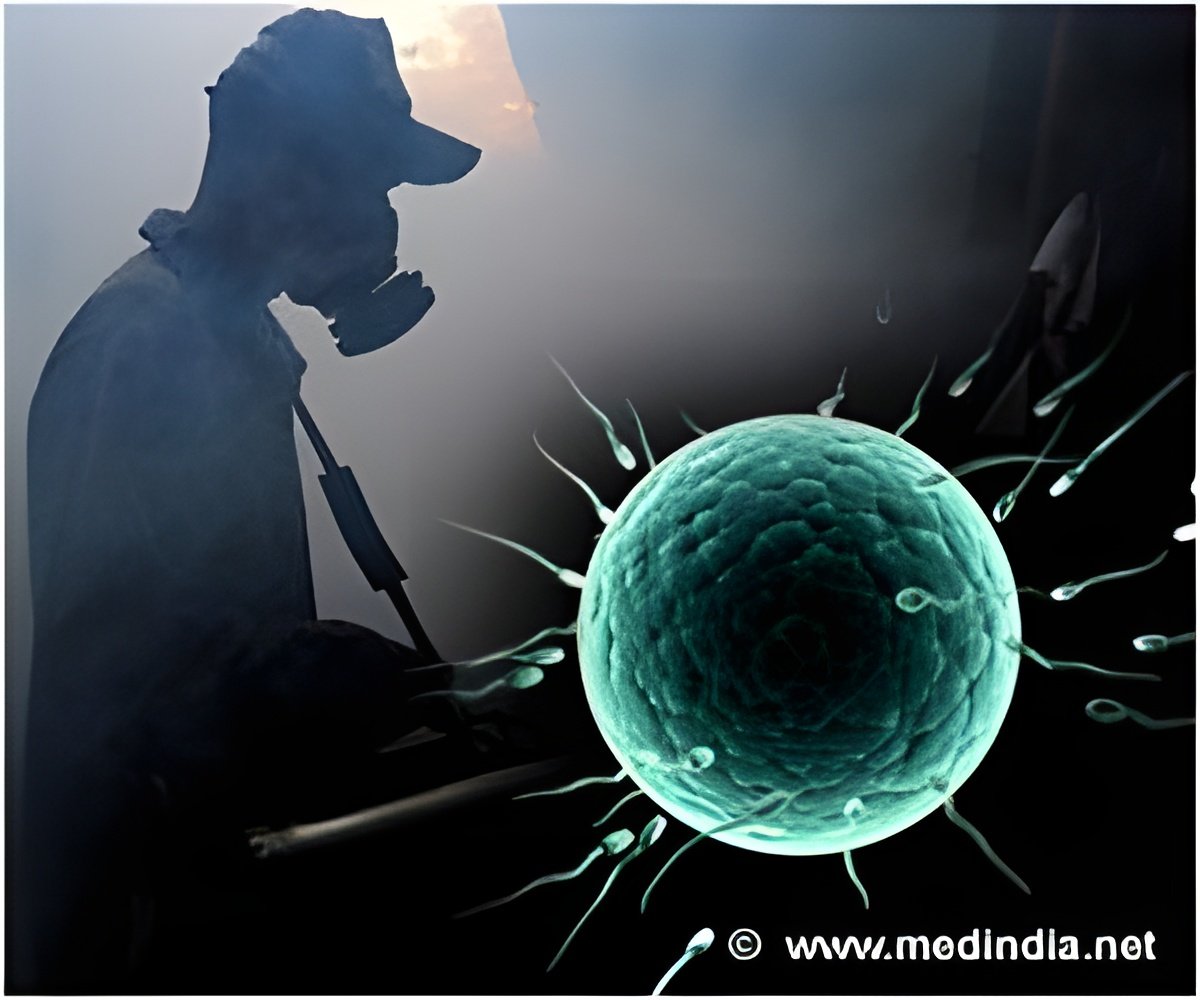A Scottish study carried out on sheep has indicated that there could be a decrease in human sperm count due to exposure to every day chemicals.

It was found that 42% of the animals studied had low sperm counts.
The sheep were subjected to euthanasia and their testicles were studied. It was found that 3 sheep had smaller sized testicles and that there was a reduction in the sperm-producing germ cells in the testicular tissues. The testes of two other sheep looked normal but their sperm count was very low.
It was not clear why only five sheep were affected out of the twelve studied. It was assumed that the difference occurred either because of genetic factors or the way they were exposed to chemicals.
Man-made chemicals are known to have deleterious effect on plant, animal and human life. The study reveals that despite the concentration of single chemicals being low in the environment, it is difficult to assess the health effects they have on human life when they are combined with other chemicals.
Similar studies conducted previously have revealed that every day chemicals affect the health and reproduction, especially in young animals that are born to mothers exposed to a mixture of these ‘impacting’ chemicals.
The Male factor accounts for 40-50% of the total infertility cases. Smoking, alcohol, doing drugs, mumps, obesity, certain medications and diseases are some of the factors that affect male fertility. Exposure to environmental chemicals, including detergents, cosmetics, and other pollutants are being listed among other causative factors.
Reference:
1. http://www.dailymail.co.uk/health/article-2144909/Sperm-count-men-reduced-exposure-chemicals-environment.html#ixzz1v1T0UIU2
2. http://www.scotsman.com/news/health/everyday-chemicals-impacting-on-male-fertility-research-on-sheep-suggests-1-2296889
3. http://www.bbc.co.uk/news/uk-scotland-glasgow-west-18071851
4. http://en.wikipedia.org/wiki/Male_infertility#cite_note-10
Source-Medindia











